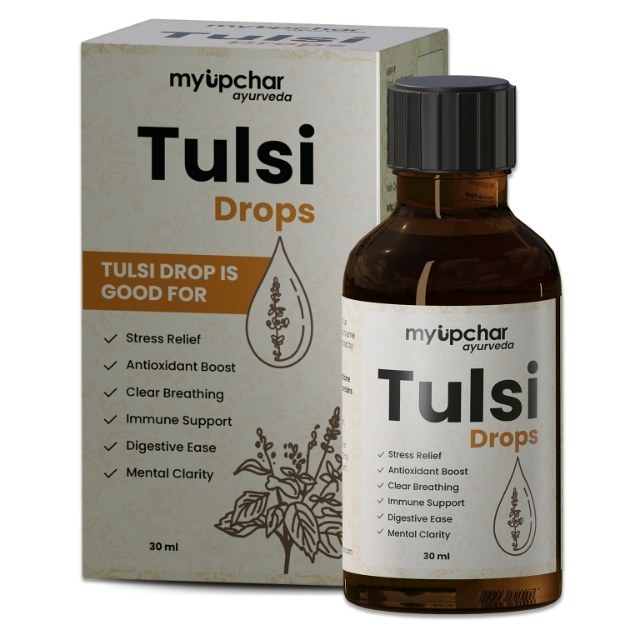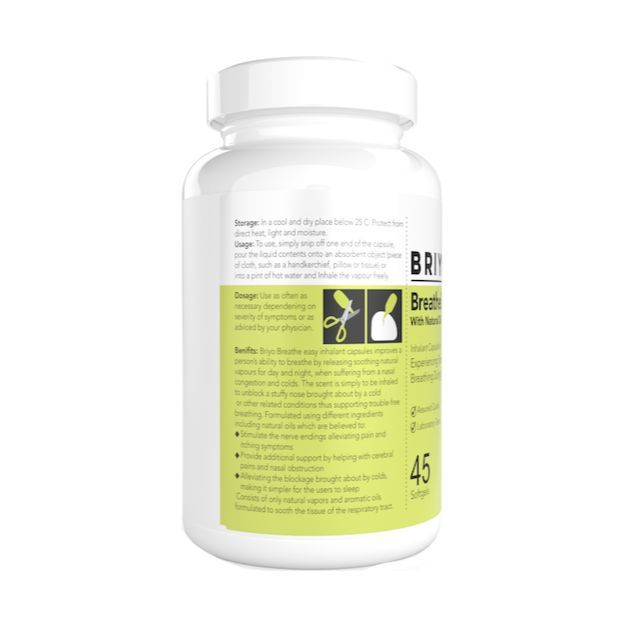Uniresp is a commercial drug that is prescribed in the form of Tablet. COPD are some of its major therapeutic uses. Other than this, Uniresp has some other therapeutic uses, which have been discussed ahead.
The optimal dosage of Uniresp is largely dependent on the individual's body weight, medical history, gender and age. Besides the medical condition it is advised for, the route of administration also plays an important role in determining the correct drug dosage. Refer to the dosage section for a detailed discussion.
Besides the aforementioned side effects, there are other adverse effects of Uniresp as well, which are listed below. Such side effects of Uniresp normally do not last long and go away once the treatment is completed. However, if these continue for a longer time, consult your doctor right away.
Uniresp's effect during pregnancy is Severe and Severe while nursing. Further, the section on Uniresp related warnings talks about Uniresp's effects on the liver, heart and kidney.
Uniresp is contraindicated in people with pre-existing medical conditions like Peptic Ulcer as it can result in adverse effects. Some other conditions that can be affected by Uniresp are listed in the contraindications section below.
Besides this, Uniresp may also have severe interaction with some medicines. Refer to the list below for further details.
Along with the above-mentioned precautions, remember that taking Uniresp is considered not safe while driving, and is not addictive.
X

















